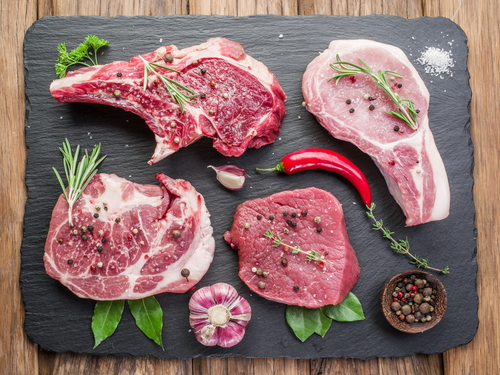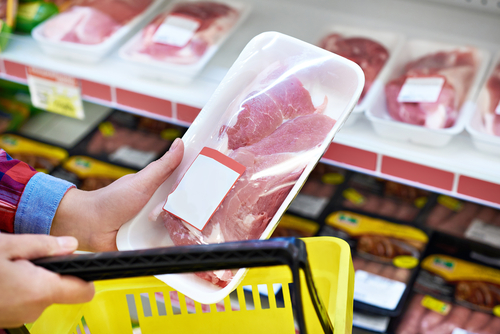Meat is an essential part of a lot of people’s diets. However, since meat is one of the more expensive food items at the grocery or butchers shop, regular meat purchases can quickly eat away at our weekly or monthly grocery bills.
Also, more expensive price tags on meat usually equate to a smaller quantity, prompting us to purchase more packages to feed our family. This is a significant aspect of our grocery budget.
In today’s post, we’ll share some tips from butchers on how to save money when it comes to purchasing meat – without missing out on quality.
Check the Price of the Meat by the Pound.
When you are evaluating the prices of regularly packaged meats versus the ones tagged as “budget saver” packages, make sure you are also looking at the price per pound; do not just rely on the total price of the product.
In many cases, regular packages are significantly cheaper than the family or larger packs. Choose to buy several regularly packed types of meat for less as opposed to getting larger packages.
Cut-to-Order Meats
Butchers like to give their customers several meat options – as opposed to big supermarkets or groceries where the meats are already pre-packaged for you. This allows more people to choose more affordable cuts of meats.
When you are buying from butchers, for instance, you can get more savings from purchasing a whole boneless roast than purchasing pork chops. You can then ask butchers to cut the roast into your preferred chops called for by the recipe you want to follow.

In addition, butchers provide other services such as trimming the fat, grinding, slicing, and even packing the meats, so they are ready to be stored in the freezer – with no extra charge.
Ask Butchers for Recommendations or Substitutions
You can get additional savings from buying meat by asking your local butcher for meat substitutions or recommendations. A butcher is someone knowledgeable when it comes to meat products. They can recommend a more affordable cut of meat, a new cut you haven’t tried, or a new recipe from the cut of meat you have been getting.
For the more adventurous eater, you can also ask your local butcher for lesser prominent cuts of meats that may not be too appealing to the eyes but may be tastier than expected. For this reason, you may learn about flavorful meats that most people would not look at twice.
Understand the Labels of Meats

When you are at a butcher shop shopping for meats, try not to be blindsided by designer or more popular labels.
The only classification you should concern yourself with, aside from the price, is the tag from the United States Department of Agriculture (USDA).
Look for meat products that come with stickers that say “quality grade.” You should also know the other labels of meats.
For instance, meat cuts with “prime” stickers are the more expensive options. Next is “choice,” followed by “select” and “standard” cuts.
Aside from knowing what the labels or stickers mean on the cuts of meats you are buying, make it a habit to read the list of ingredients.
Even when a product claims to be natural or made of natural ingredients, it is not uncommon for meat manufacturers to inject some chemicals to meats to keep the redness or keep it from turning a brownish color. Read the ingredient list before buying meat products, so you know what else is in the product.
Buy Fresh
When it comes to meats and other food products, don’t make the price your sole purchasing factor. Most grocery items will price their nearly-expired food items at the lowest prices. Buying these items may be a good choice if you plan to prepare or cook them right away.
However, if you are looking for the freshest meats, check the dates they were prepared to ensure you are getting the newer products.
